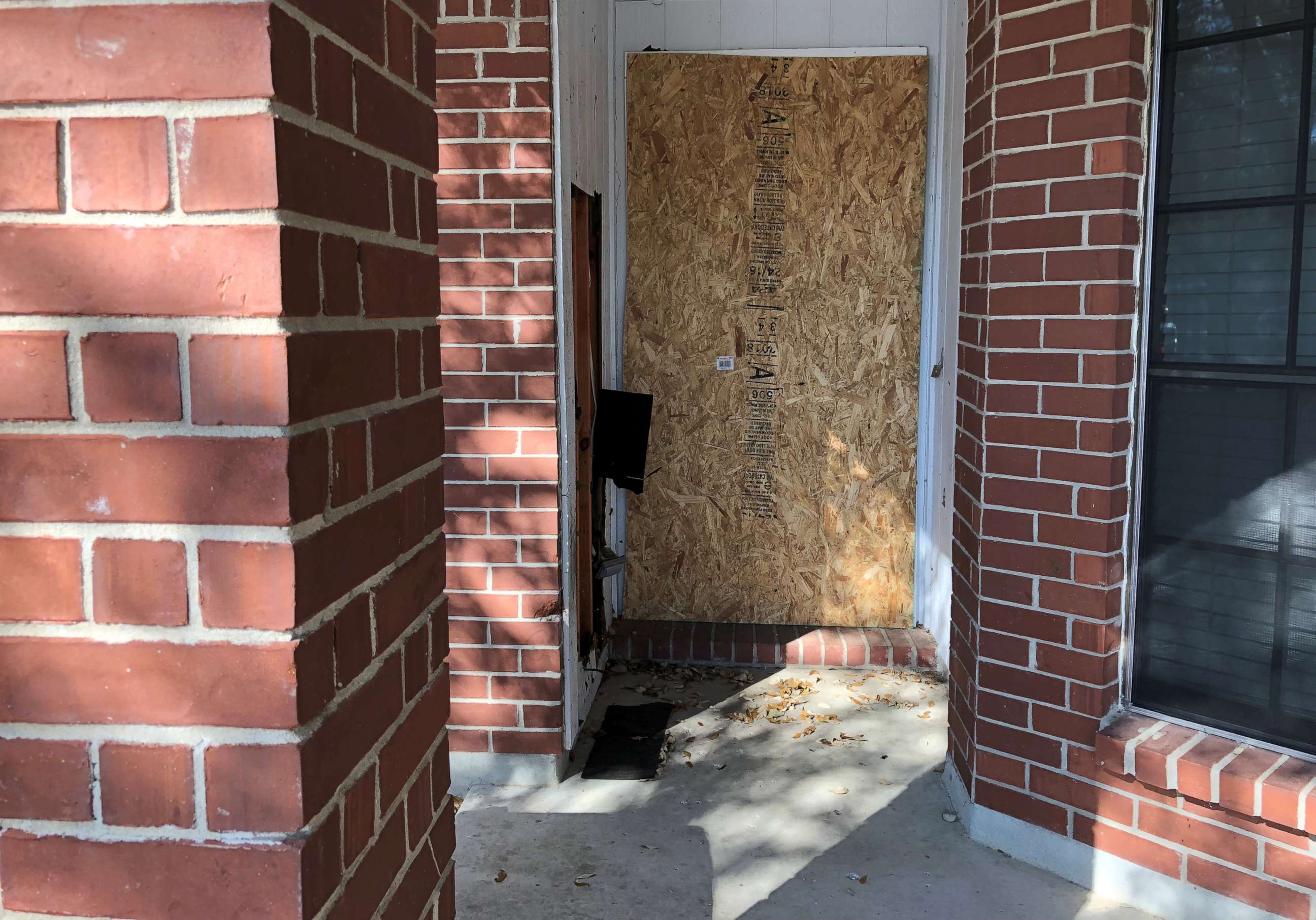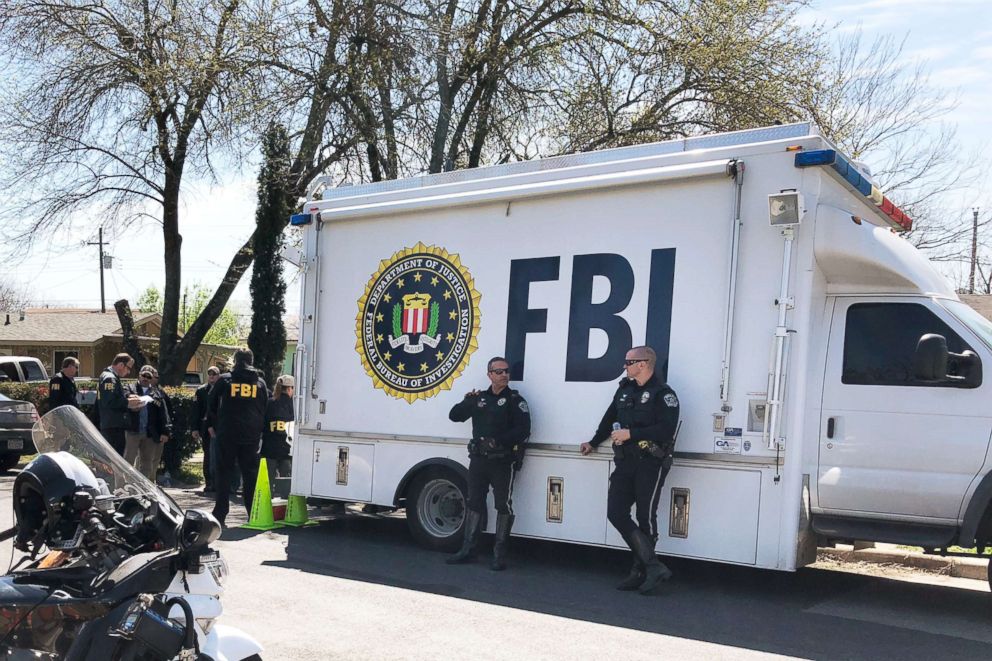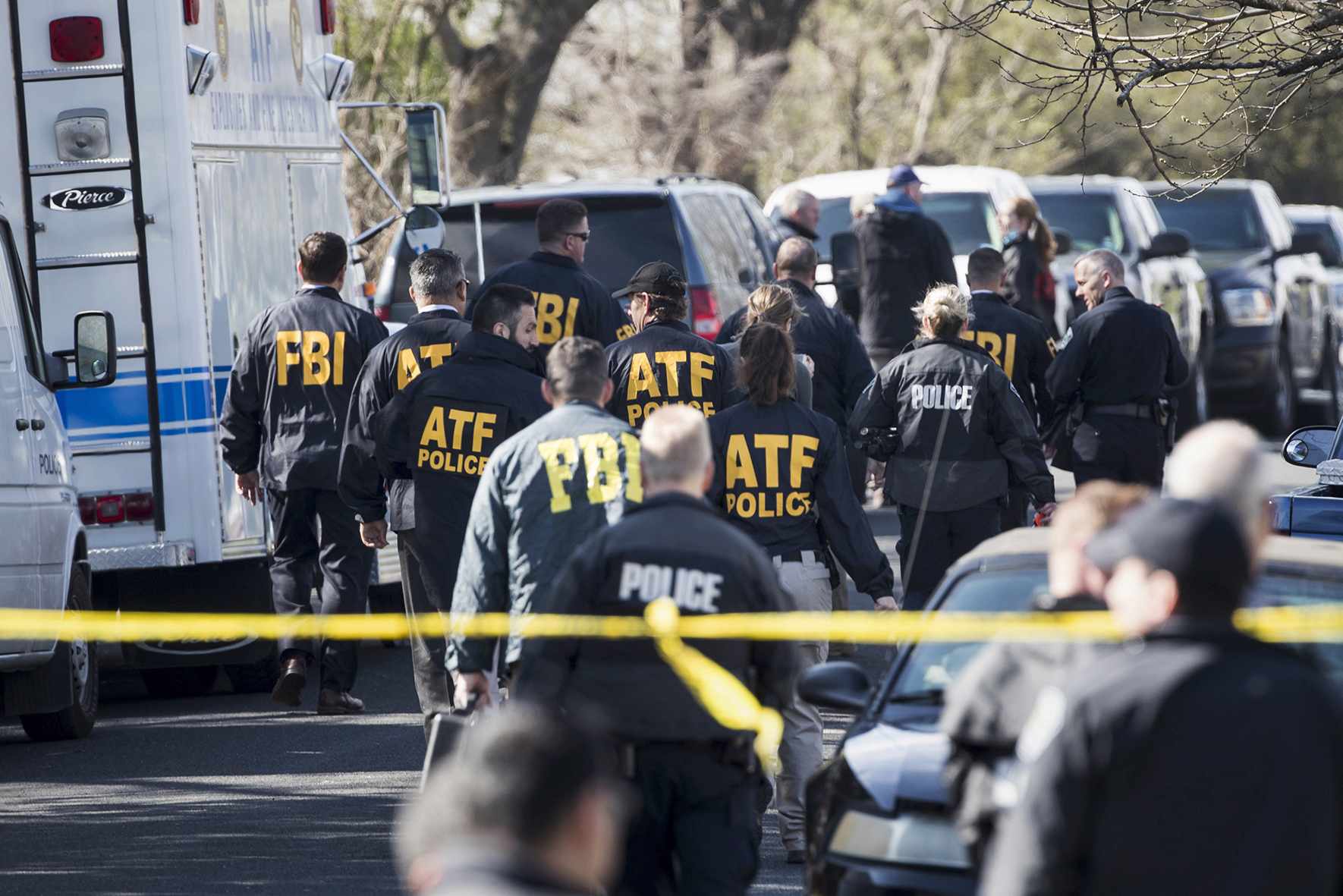Package bombings that killed 2 seen as possible hate crimes in state where hate crimes underreported: Experts
Investigators say three package bombings that killed 2 may be motivated by hate.
Three package bombings that killed two people and injured two others, all of them African-American or Hispanic, in Austin, Texas, may have been motivated by hate, authorities said.
Killed were a 17-year-old boy, an orchestral musician and essay contest winner, and a 39-year-old father, both of them African-American. A 75-year-old Hispanic woman was critically injured and an African-American woman in her 40s was also wounded in the explosions.
“We are not ruling out hate,” Austin Police Chief Brian Manley said in a press conference this week of the bombings that occurred in an 11-day span this month. In an interview with ABC News, Manley speculated on possible motivations for the crimes: “Is this driven by an ideology? A philosophy? Is it driven by hate?”
If whoever planted the exploding packages is found to have been motivated by hate, the bombings will be part of a larger trend of an increase in hate crimes in the Texas capital. But experts suspect hate crimes overall are underreported in Texas, and federal and state data obtained by ABC News show very few suspects are ever convicted of hate crimes in the state.
"We don’t know for sure what the motivation is, not until the suspect is caught, questioned and prosecuted will we know that," cautioned Ryan Lenz, an investigative writer for the Southern Poverty Law Center, an anti-bigotry organization.
But he noted that with all of the package bombings apparently aimed at minority residents, "There is the commonality of target."

Hate crimes in Texas appear underreported
Reports of hate crimes in Austin rose by 46 percent in 2016, but that is against the relatively small totals of 13 in 2015 and 19 in 2016, according to the FBI’s annual report on hate crimes. The city has nearly 950,000 residents.
Statewide in Texas -- the nation’s second-most populous state with about 26.9 million residents -- the total number of reported hate crimes in 2016 was just 178, according to the Texas Department of Public Safety’s Texas Crime Report.
That fits the trend of roughly 200 hate crimes getting reported each year to law enforcement agencies in Texas, according to publicly-available Texas Crime Reports analyzed by ABC News.
But those numbers strike hate-crimes expert Brian Levin as suspiciously low for such a big state.
“Relative to its population, Texas reports fewer hate crimes than other big states,” said Levin, a criminologist and attorney who directs the Center for the Study of Hate and Extremism at California State University, San Bernardino.
He noted that California -- which with 38.8 million residents is the only state bigger than Texas -- reported 931 hate crimes in 2016. New York, the nation’s fourth-most populous state with a population of 19.4 million reported 595 such crimes.
“Something is wrong when Texas, as a state, has fewer hate crimes than some of the major cities in the U.S.,” Levin said.
Texas had a rate of 0.7 hate crimes reported for every 100,000 residents, far lower than the rate of 3.1 for every 100,000 residents in New York and 2.4 for every 100,000 in California, using 2017 Census population figures.

It’s not just Texas.
Levin said law enforcement in Texas could do more to ensure officers recognize and investigate potential hate crimes.
Indeed, Texas does not mandate training for police officers on how to investigate potential hate crimes. Gretchen Gribsby with the Texas Commission on Law Enforcement confirmed.
In addition, Texas’ geography with its high numbers of people living in rural areas may partially explain why there are relatively few reports of hate crimes in the state, said Lenz of the Southern Poverty Law Center.
“Less densely populated areas tend to report fewer hate crimes,” Lenz said.
But he said Texas isn't alone in what he said is a general underreporting of such crimes.
”Hate crimes are wildly underreported, I mean, horrifically underreported,” Lenz said.
One reason may be that victims of hate crimes may be reluctant to report what happened, he said.
“Hate crimes likely aren’t being reported because victims fear law enforcement may not believe them or they may be embarrassed and not report to police at all for fear of putting a target on their home,” Lenz said.
Of the hate crimes reported in Texas, a small number go to court
Even among the relatively small number of incidents reported to police as hate crimes in Texas, a yet smaller number results in cases brought to court.
Since 2001, when Texas enacted its current hate-crime law, only in 26 instances was a hate-crime finding requested of the courts, according to the Texas Office of Court Administration.
And in only 23 of those instances did a judge or jury confirm them as hate crimes, according to Megan LaVoie of the Texas Office of Court Administration said.
So, while roughly 200 hate crimes are reported by Texas law enforcement agencies each year, over a 17-year period only 23 were confirmed by the courts as alleged hate crimes.
Experts believe that may be because the state's hate-crime law -- called the Byrd Statute after James Byrd Jr., an African-American man who was dragged to his death behind a pickup truck by white supremacists in 1998 -- has strict limits.
The law, for example, doesn't allow for perpetrators to be found guilty of a hate crime on top of any other crime they committed. It also only allows judges or juries to impose harsher sentences for the hate crime if a prosecutor can prove a suspect was motivated by hate.
Proving motivation can be nearly impossible, Lenz said.
“Knowing the motivation of an assailant and being able to convince a jury that that motivation was the primary motivation in committing that crime is a pretty high hurdle for prosecutors,” Lenz said.
A criminal law professor in Texas agreed.

“It’s hard enough to prove some crimes beyond a reasonable doubt without adding another element like motive,” said Brian Serr, professor of criminal law and procedure at Baylor University. “Prosecutors have to decide, ‘Should I take on trying to prove this suspect committed a hate crime when I’m already putting a bad guy in jail for the actual crime committed?’”
Experts interviewed by ABC News also said few hate crimes may be tried in court simply because prosecutors may not want to try to prove hate was the suspect’s motive when it is easier to show simply that the suspect is guilty of the crime committed, as Lenz said.
That doesn’t mean perpetrators of hate crimes are walking free in Texas, Serr said.
“It’s not like a hate criminal is going to get off the hook if they aren’t prosecuted for a hate crime,” he said. “He’s getting the punishment he deserves without prosecutors having to go thru the process of proving motive.”
Exploding packages
The first package explosion occurred March 2, killing Anthony Stephan House, a 39-year-old father. Then two other packages blew up on March 12, one of them killing 17-year old Draylen Mason, a talented bass player who was set to enroll at the Butler School of Music at the University of Texas for the next year.
Investigators believe that the trio of bombs displayed a level of sophistication, indicating that the bomb-maker or bomb-makers were highly skilled.
The devices were set up to be detonated by motion like shaking or jostling, which is why they exploded when they were picked up. They also had some sort of safety switch, which enabled the bomber to move the devices without blowing themselves up, the sources briefed on the investigation told ABC News.




